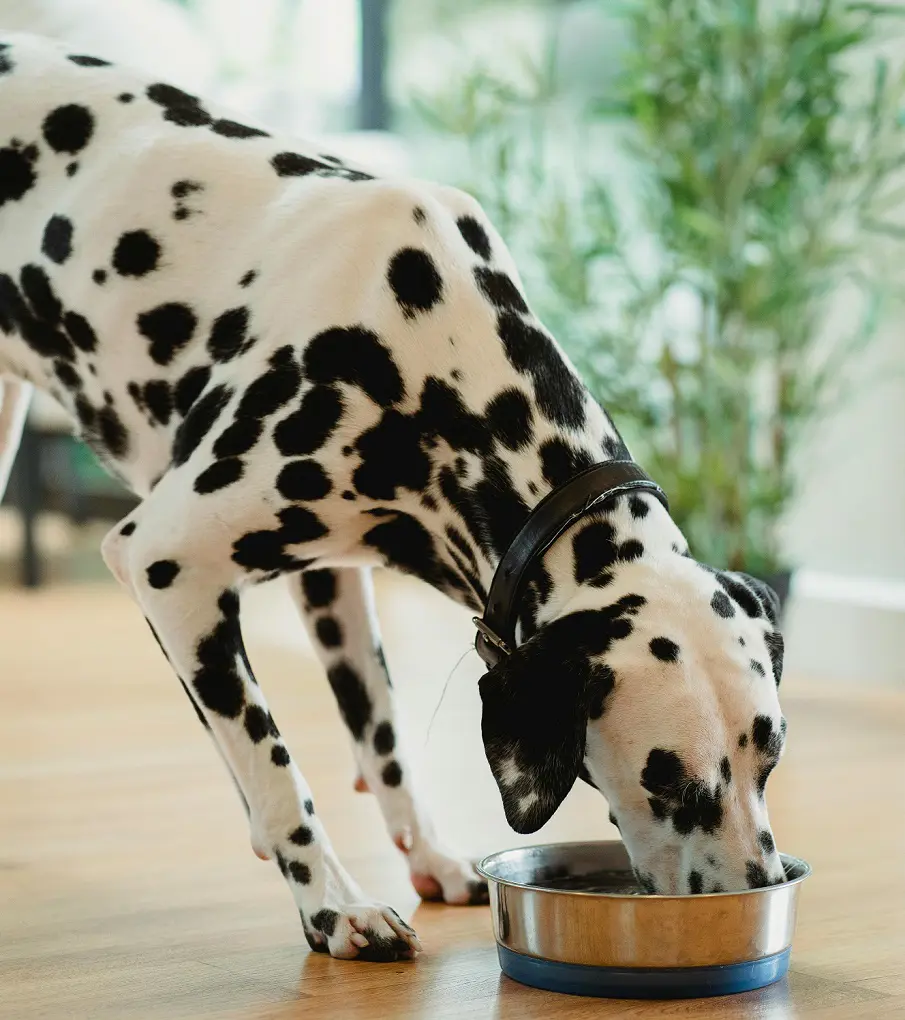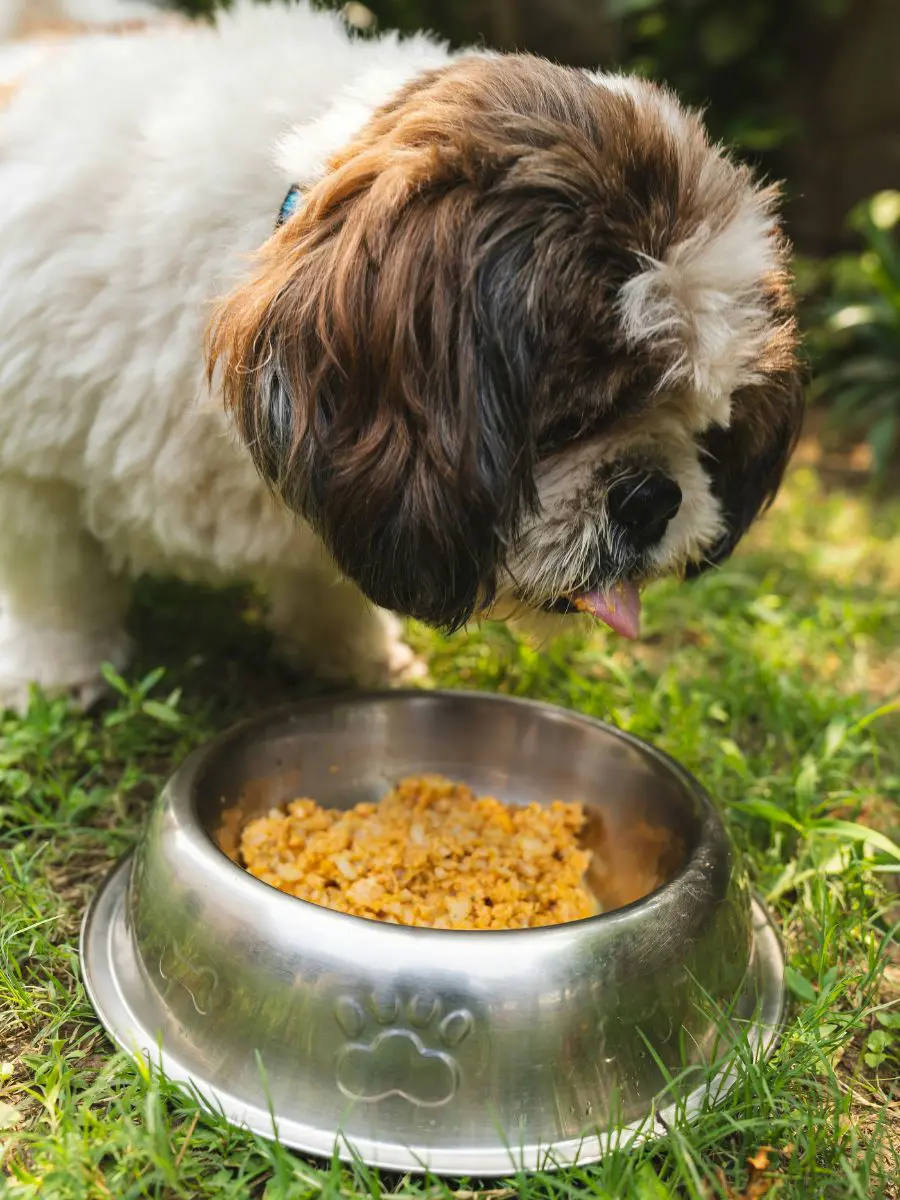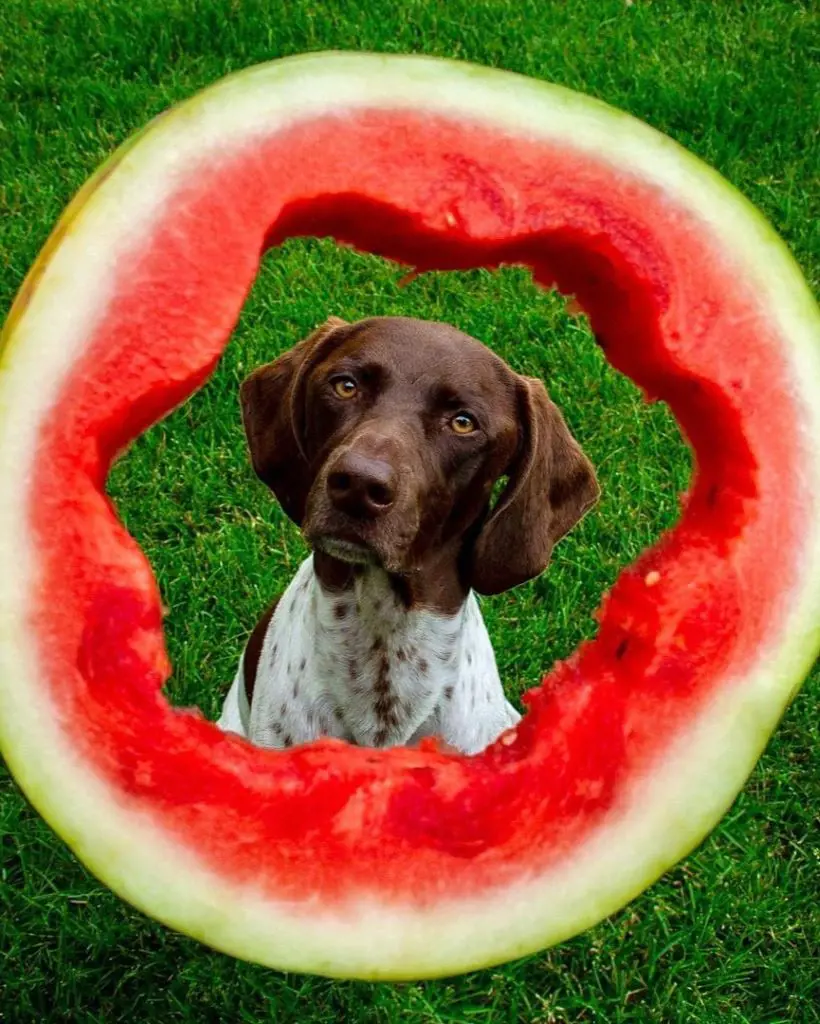What Vegetables Can Dog Eat Safely
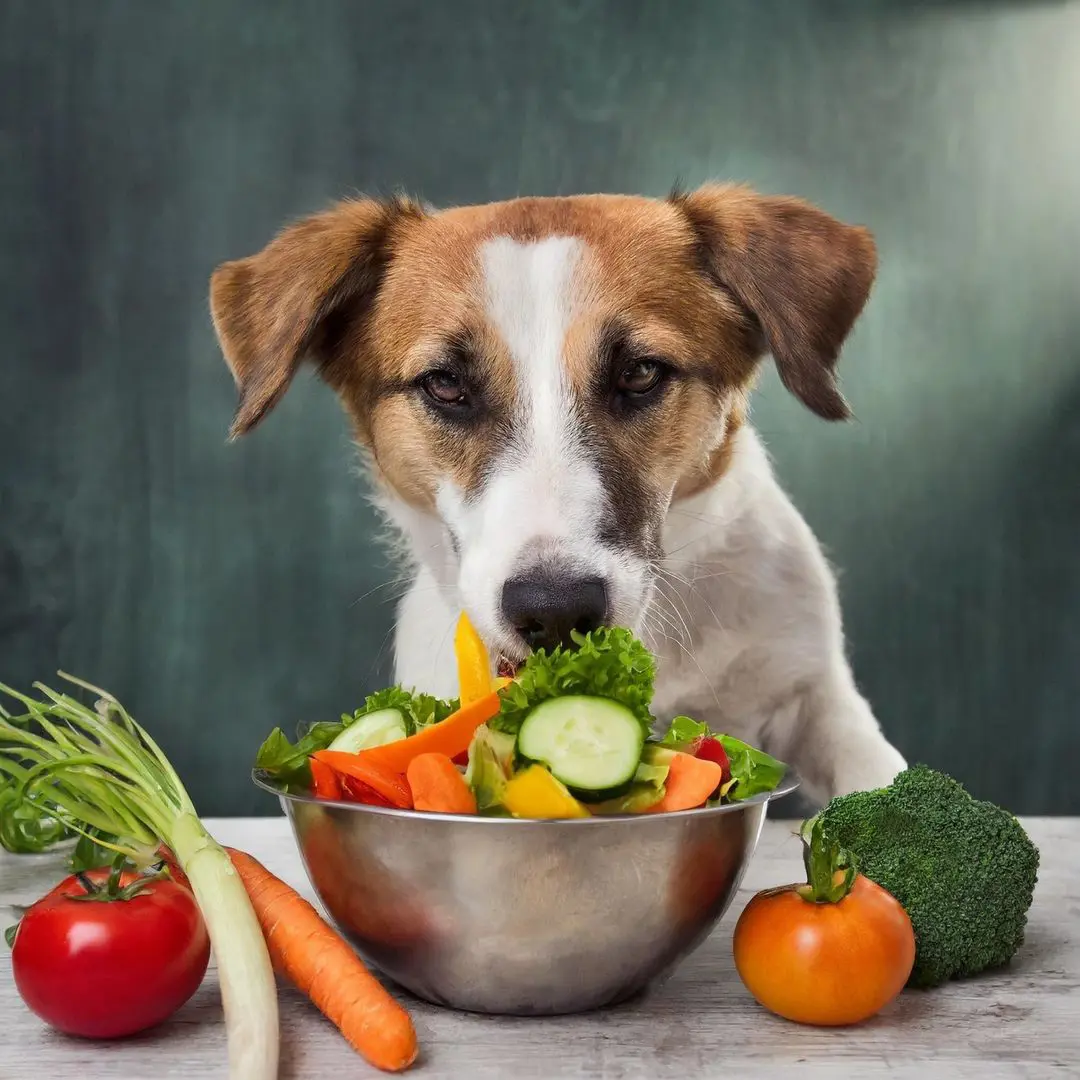
Unlike cats, that are obligate carnivores, dogs are omnivores and do not need to get along on a purely carnivorous diet. While the canines primarily derive their nutritional requirements from animal proteins, they may also be fed vegetables and fruits.
Although people don't necessarily associate dogs with other vegetable-eating animals like rabbits or goats, canines can still function on a plant-only diet despite lacking some essential nutrients.
If you plan on adding greens to your pet's food, here are 20 vegetables a dog can eat and digest in no time.
1. Broccoli
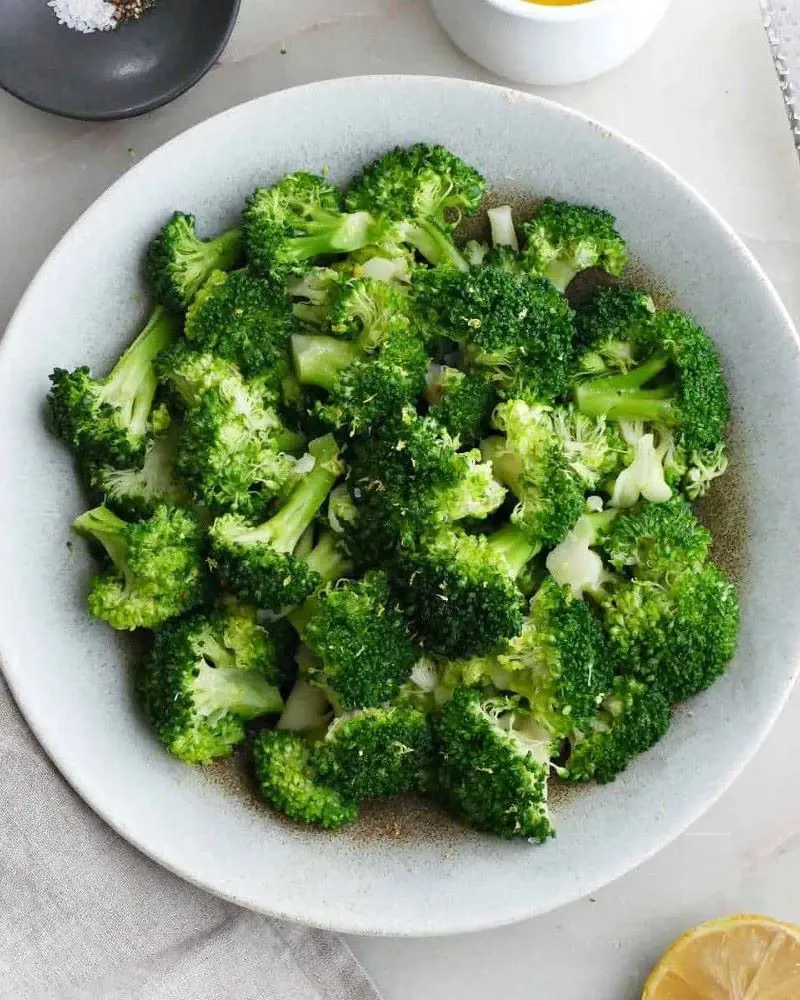
Laden with essential vitamins and minerals such as Vitamin C, Vitamin K, and potassium, broccoli aids in a dog's overall health.
Being so palatable and crunchy, this vegetable will be a feast for many dogs. Feeding broccoli to dogs requires great caution: portioning the vegetable appropriately and preparing it without harmful seasoning or additives.
2. Carrots
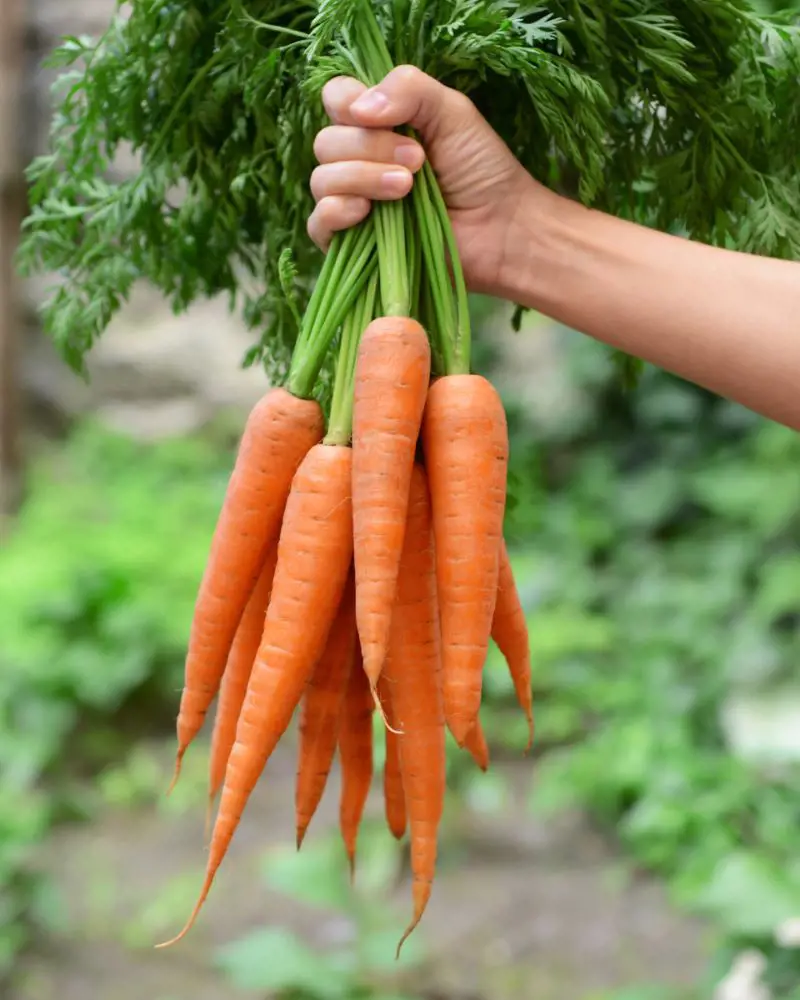
Carrots are a nutrient-rich vegetable that carries several health benefits in canine dieting. An ample source of vitamin A, this veggie keeps your dog's eyesight healthy and boosts his immunity.
In addition, carrots are appropriate for the maintenance of dental health since their crunchiness reduces plaque and tartar.
3. Green Beans
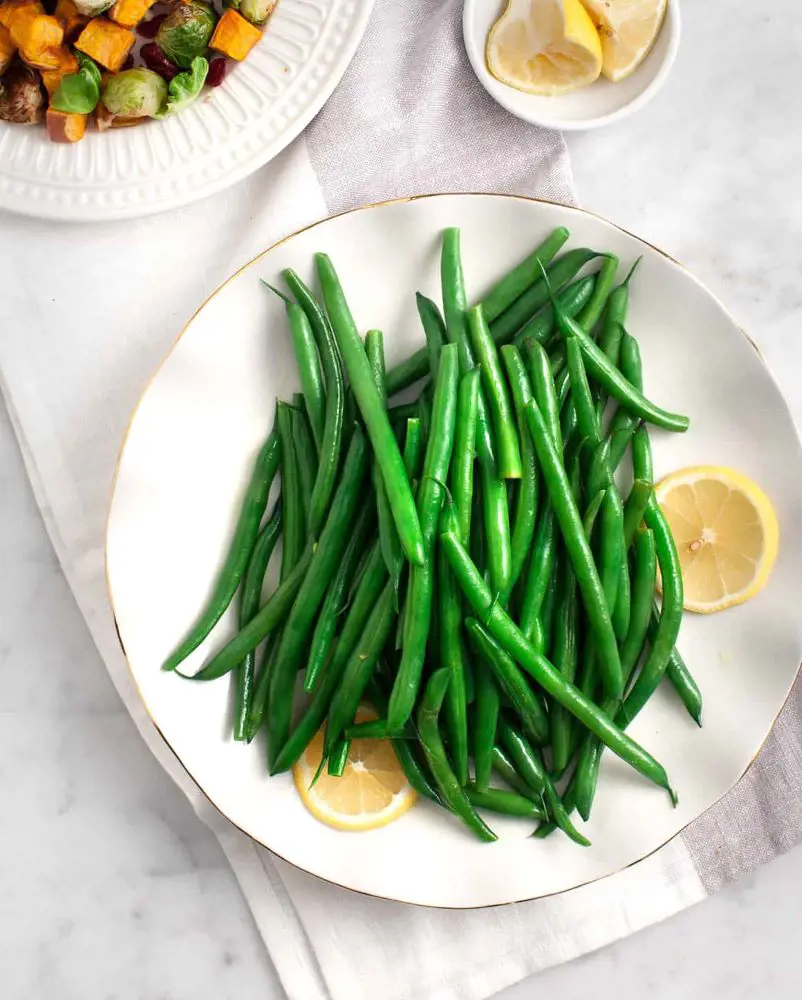
Green beans are low-calorie vegetables with a rich fiber content, which canines will easily digest. This will add to better weight management since the animal will get full without much calorie intake.
Additionally, the fiber content also supports digestive health and can help regulate bowel movements.
4. Sweet Potatoes
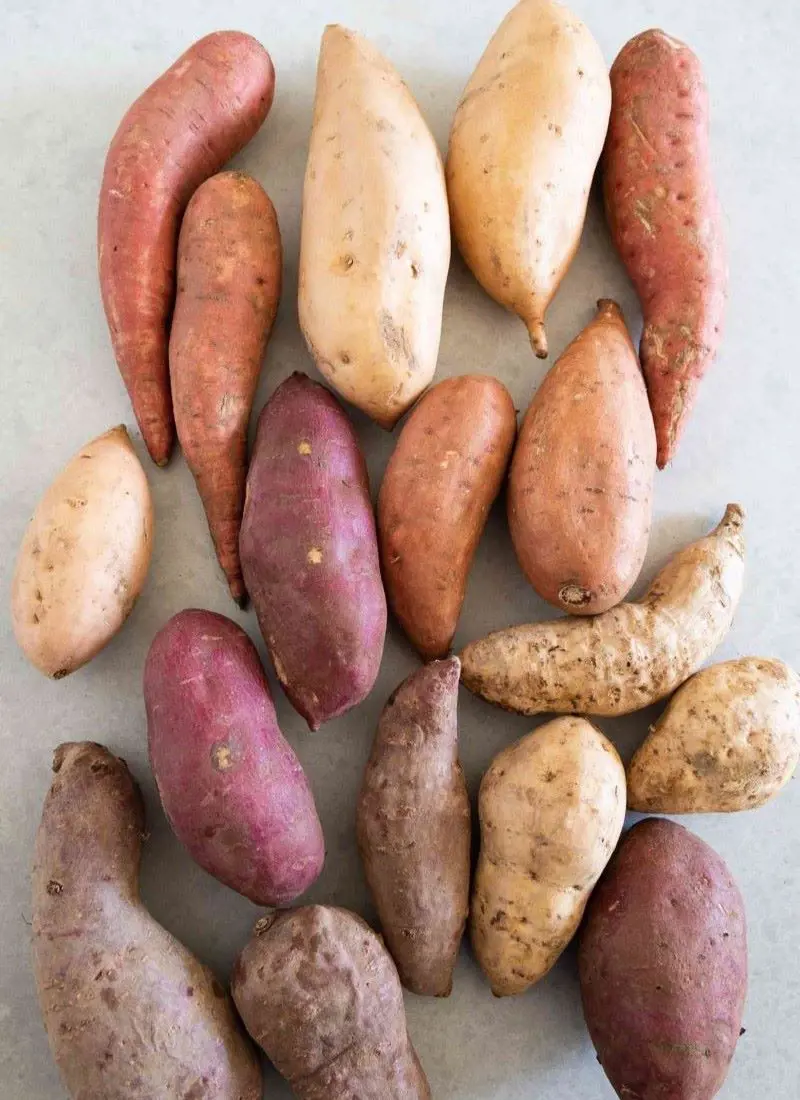
Apart from an appetizing hors d'oeuvre, sweet potatoes are healthy food filled with a plethora of nutrients and other salutary factors. Generally speaking, the general constitution of dogs seems to love the taste of sweet potatoes.
Along with the good taste, the vegetable is also rich in nutritional value necessary for dogs. The antioxidants, meanwhile, aid in the healthy and prolonged survival of a dog.
5. Pumpkin
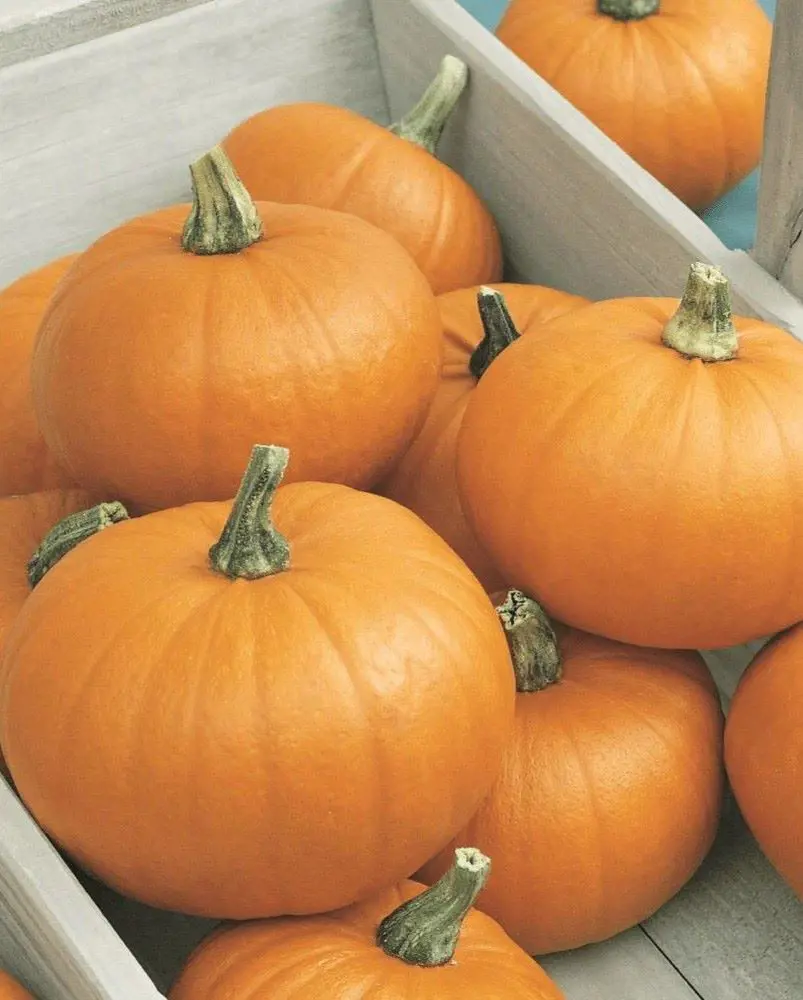
Occasionally treating pumpkins to your dogs is beneficial for their eyesight and a boosted immunity. Fiber supports in regulating digestion and giving bulk to the stool.
Besides, pumpkin contains vitamins C and E, which are no less important for your canine in general. On the other side, the presence of potassium is another benefit of pumpkin for dogs, supporting proper muscle function and hydration.
6. Zucchini
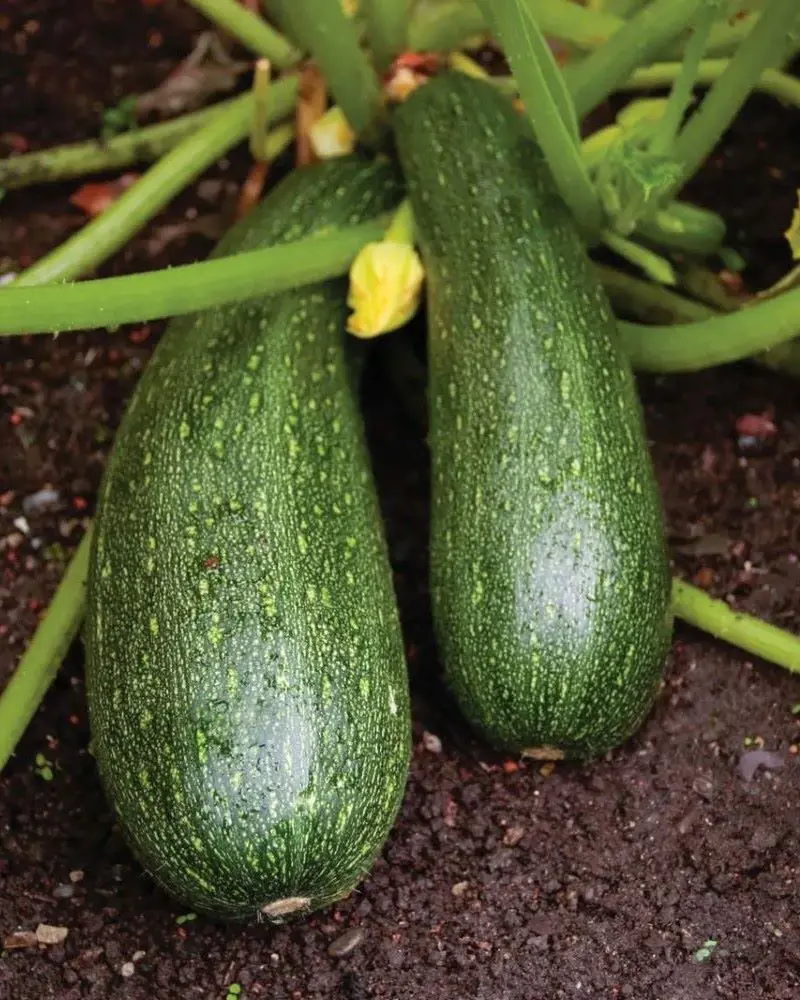
Zucchini is a fine vegetable to feed dogs; it is a highly palatable reward for many dogs.
Apart from that, dogs can eat zucchinis raw as crunchy slices or steamed, boiled, or baked. They will enjoy this natural crunchiness, which will keep them satisfied.
7. Cauliflower
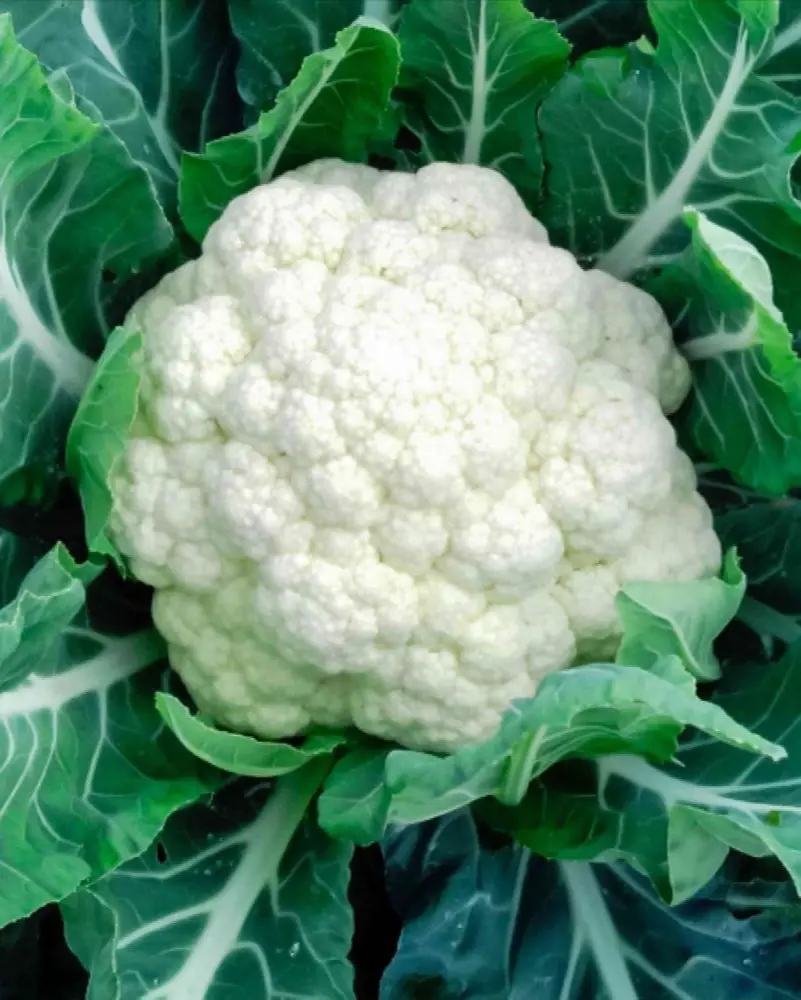
A veggie treat for your dog will not be complete with the tasty cauliflower. The fiber in this vegetable is exceptional for keeping the digestive system in check.
The major vitamins in cauliflower include vitamin K and vitamin C. Vitamin K can be used for anything from blood clots down to good bone health; whereas, Vitamin C is an excellent antioxidant that can promote immune function and healthy skin.
8. Bell Peppers

Though most parts of bell peppers for dogs are edible, only serve them after removing all the seeds. Also called capsicum, these peppers are technically fruits- even though they are mostly used as veggies.
And, unlike most spices, it doesn't cause a burning sensation due to the absence of capsaicin.
9. Spinach
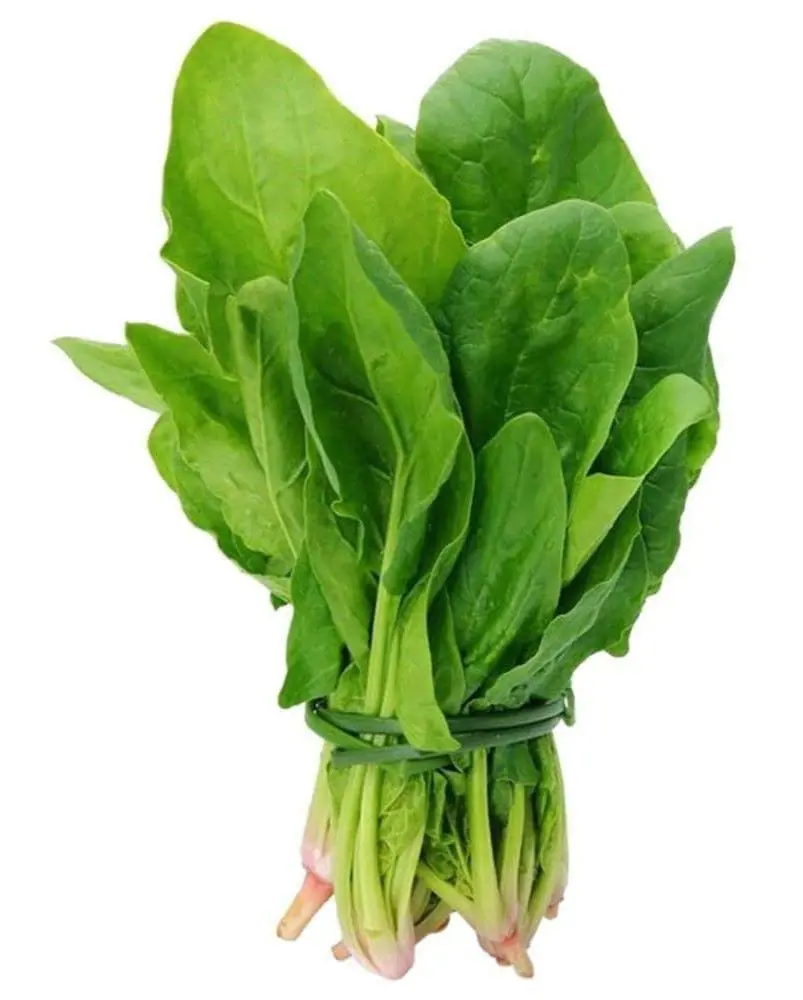
Spinach does contain some amount of protein, but one should not make it the foundation for a dog's protein requirements. Dogs are omnivorous because their basic nutrition should be from animal proteins found in high-protein dog food.
Other than protein, spinach contains vitamins A, B, C, and K, iron, antioxidants, and beta-carotene, which are all crucial for maintaining the general health of a dog.
10. Kale
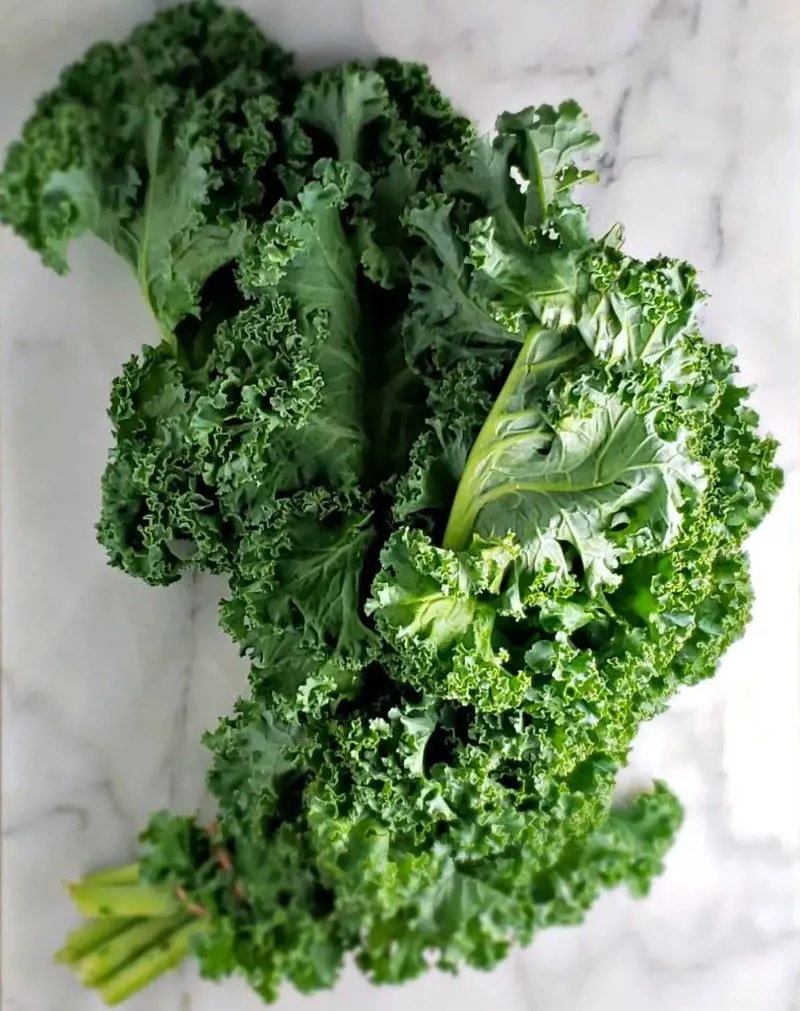
Kale really should be among those healthier options, as far as safe dog vegetables go. Dogs might enjoy kale for its taste, and it is indeed a great addition to a healthy diet.
This vegetable houses very significant nutrients such as vitamins A, C, and K, iron, and lots of antioxidants. These nutrients are also important for the vital activities of dogs concerning vision, immunity, and general health.
11. Cucumber
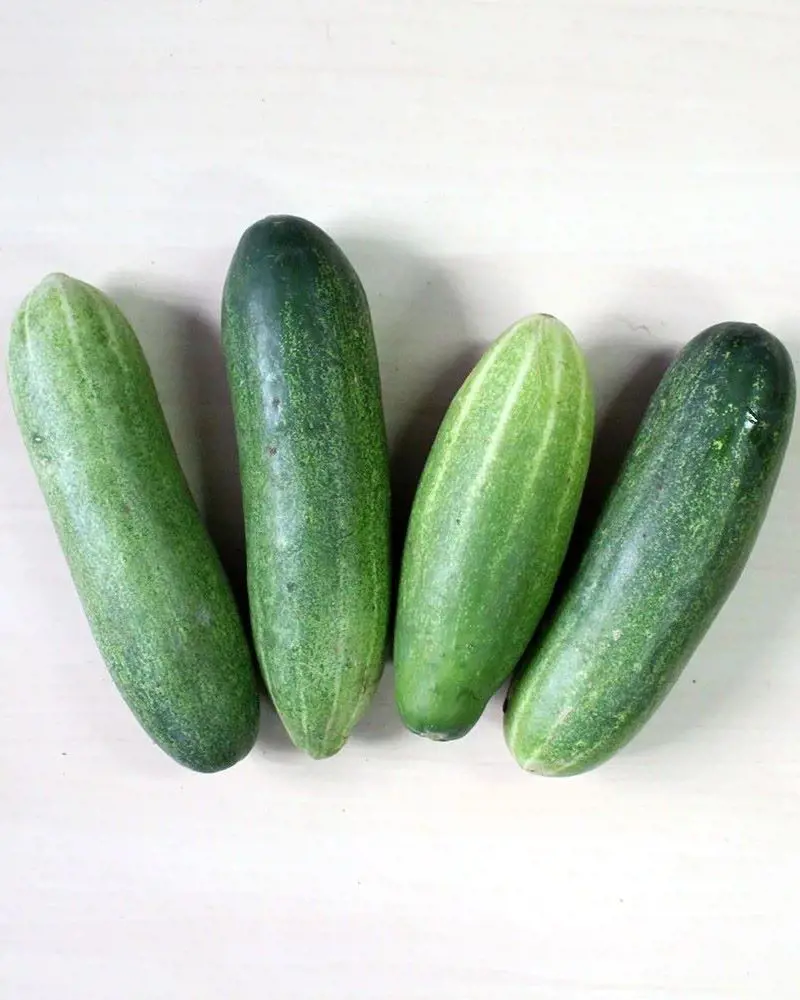
Cucumber feeding can help hydrate dogs because they contain 96% water, which makes this vegetable very helpful during hot seasons or when your pet requires more moisture.
Apart from hydration, cucumbers offer a few more health-related benefits for dogs. They have low calories, which makes them healthy for your pet dogs as a reward or treat. They also have soluble fiber, enabling them to digest food properly and giving them good gastrointestinal health.
12. Brussels Sprouts
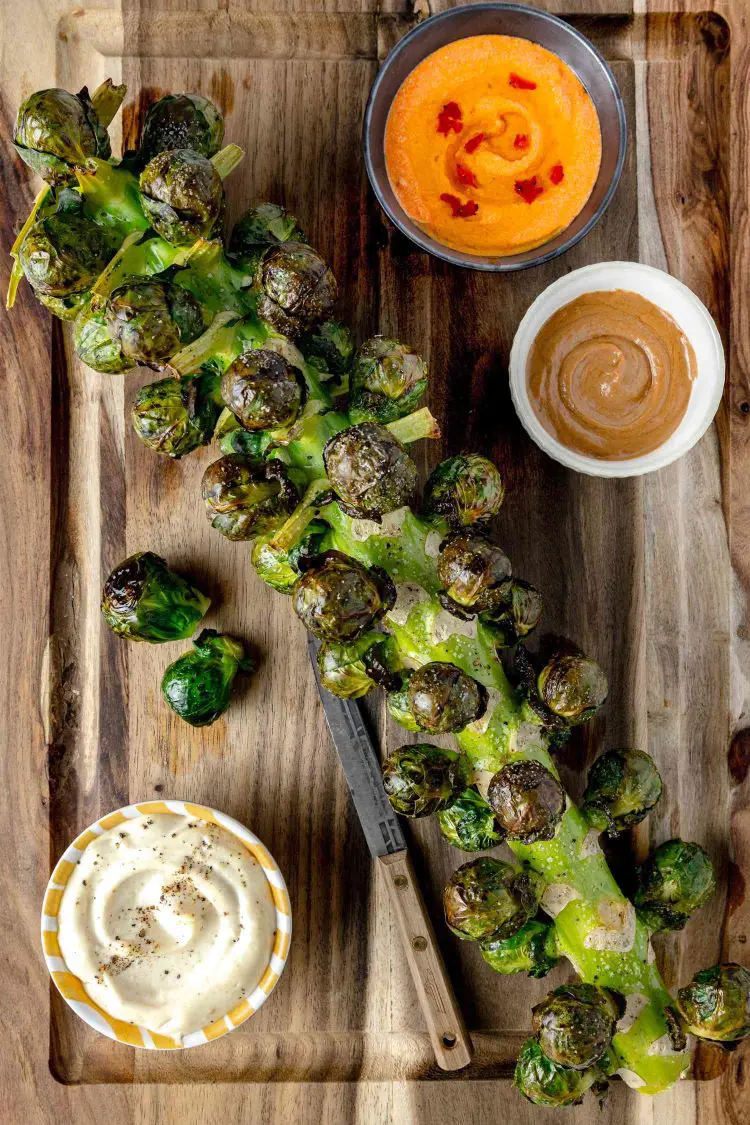
These small cabbages become nutty and develop an umami flavor that is desirable to some dogs after cooking or steaming. The aroma and bite-sized feature of Brussels sprouts will make them a potentially pleasant addition to a dog's diet.
On the contrary, some dogs may not like some kinds of vegetables or could be allergic to them. Therefore, careful attention should be given to gradual introduction for possible reactions and food preferences.
13. Celery
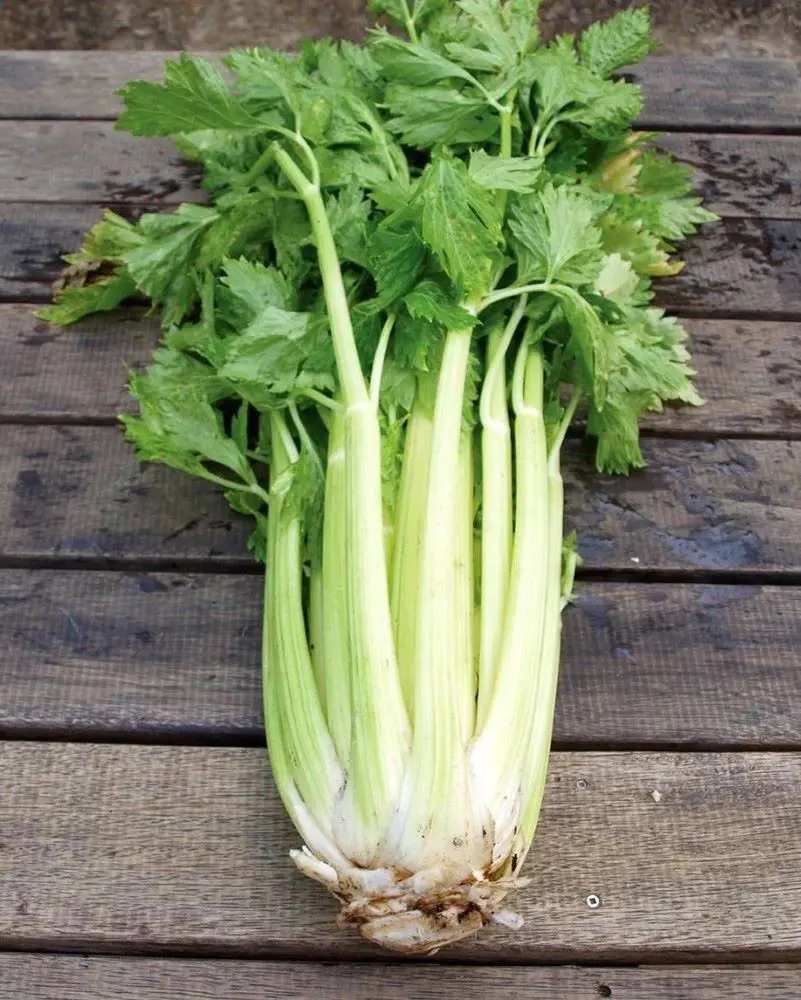
Remove the leaves and slice off the celery into small pieces fit for the dog’s mouth. The serving portion usually depends on the size of the dog.
Though not toxic, overfeeding celery to dogs will have additional side effects. The dog develops an upset stomach or shows other symptoms, including physical discomfort, depression, fatigue, and more.
14. Lettuce
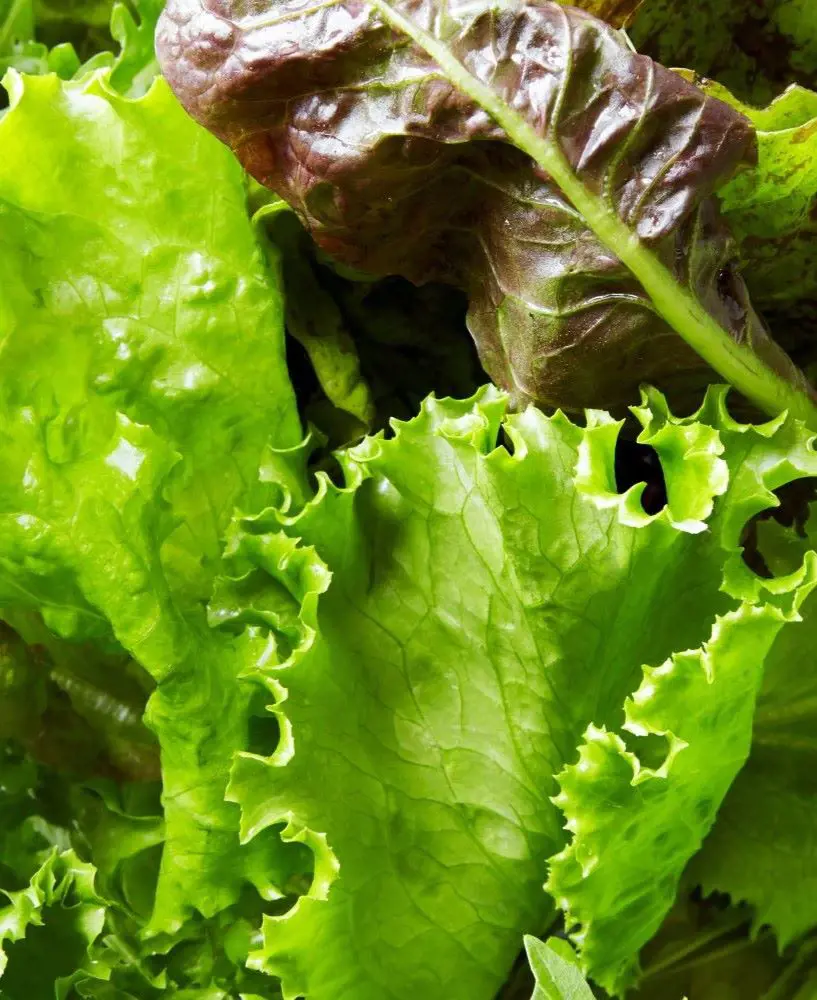
Though dogs may not always love the taste of lettuce, it is safe for canines to eat in moderation and could be a low-calorie treat. Lettuce does contain vitamins A and K and high water content.
Even though it is safe and should be given only from time to time, lettuce can't become a dog's primary diet as they need proteins, fats, and other nutrients in large proportions. Moreover, the introduction of lettuce into the diet of any dog must be carried out carefully to avoid any negative consequences.
15. Asparagus
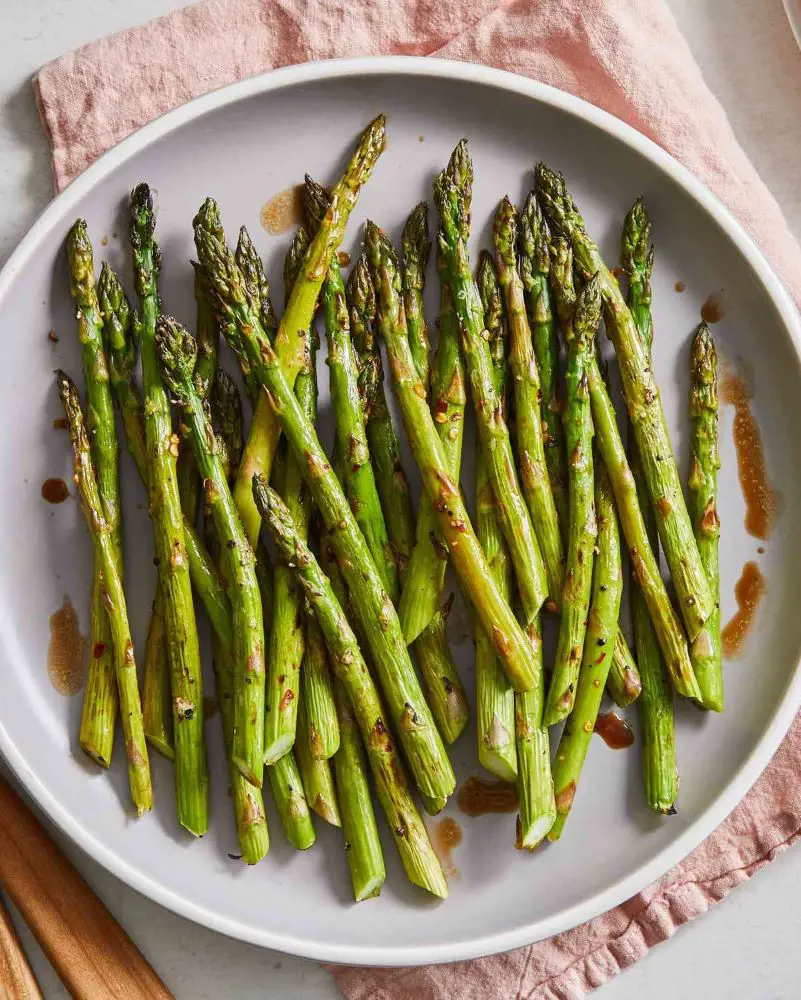
Asparagus is a healthy vegetable and completely safe for canines; it contains vitamins A, B complex, C, K, and minerals like folate and fiber.
They are helpful in maintaining a healthy dog by supporting his immune system, bones, and digestion.
16. Beets
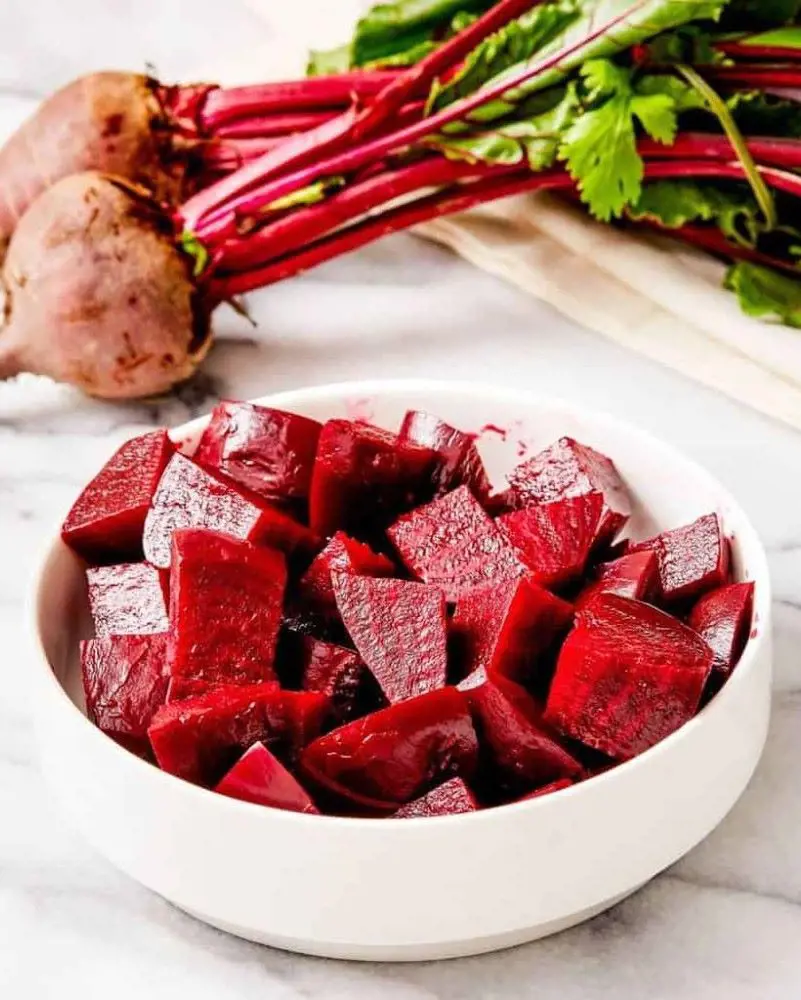
Dogs seem to enjoy beets due to their very unique taste and texture. Of course, individual preferences may vary, but it can be a delicious treat for your canine friend.
Some merits of adding beets to your dog's diet include vitamin C, fiber, and several micronutrients that your pet will find helpful.
17. Cabbage
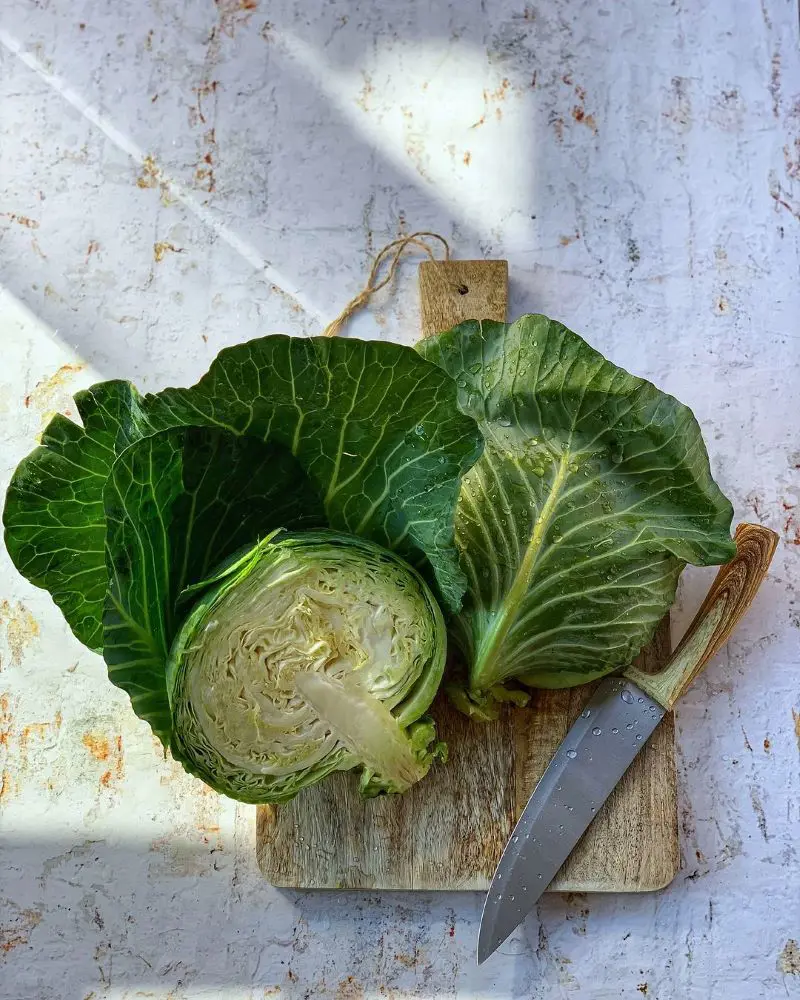
Occasional feeding of small quantities of cabbage is good for the dog’s palette and appetite. Canines can consume raw cabbages but they prefer it when the veggie is cooked and lightly seasoned.
18. Turnips
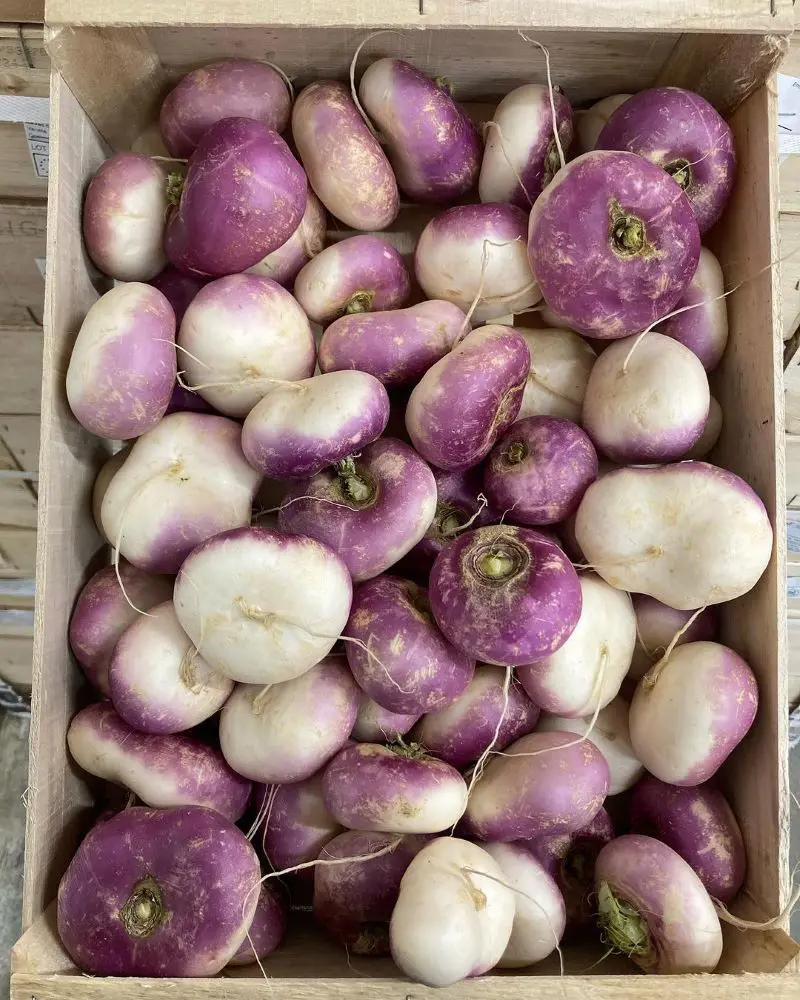
To avoid choking, cut the turnip into small slices or grate it. Almost all breeds of dogs can handle turnip with ease; however, keep this vegetable away from dogs with thyroid problems.
A constant source of vitamins B6 and C, turnips can be included as a part of a dog’s steady diet.
19. Radish
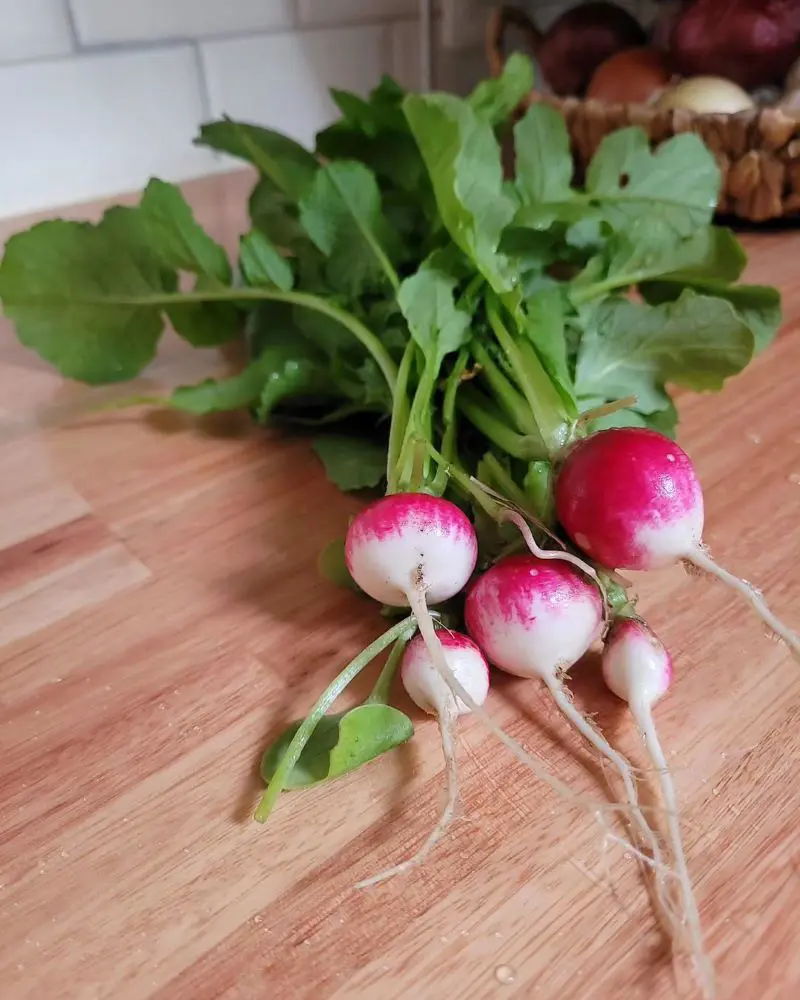
Unless your dog has a specific allergy to radishes, this vegetable is basically harmless. But, make sure to remove the leaves before they are served to your pets.
20. Parsnip
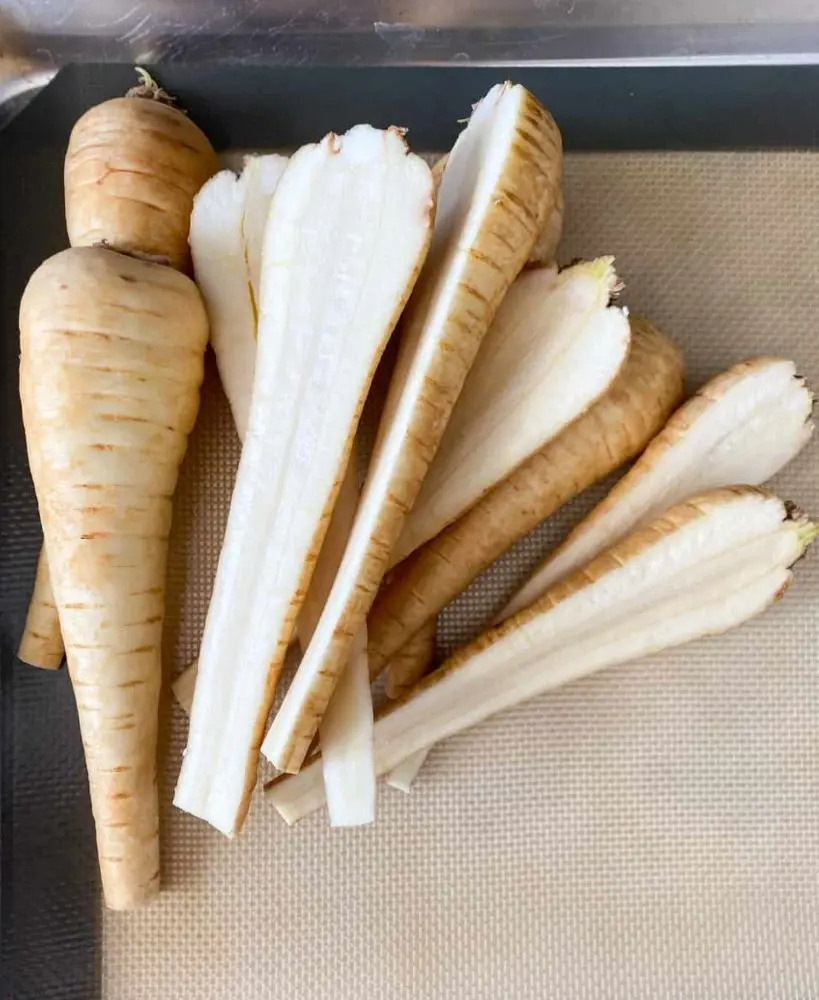
This root vegetable, resembling a carrot, has a sweet taste beloved by dogs. Boil the parsnips and thoroughly mash them before serving.
However, it should not constitute the major diet of a canine and only be fed once a week or less.
Recent posts
Dog Foods
Why Bone Broth For Dogs Are Superfood
Bone broth is regarded as a superfood because of all of its health advantages. Packed with vital nutrients including minerals, collagen, and amino acids, it helps with digestion, maintains joint health, and encourages healthy skin and fur. Collagen i...
Homemade Dog Food Recipes That Are Easy And Nutritious
Creating homemade dog food is not just a mundane cooking ritual but an exciting culinary journey that adds a dash of love to your furry friend's bowl. Say goodbye to store-bought blandness and dive into the world of DIY dog food recipes that are deli...
20 Fruits That Will Make Your Dog Wag Their Tail
Many dogs can eat fruits in moderation, and in fact, fruits can be a healthy and fun treat for them. With its naturally sweet flavors, fruits make for a tasty alternative to traditional treats. So, incorporating a variety of fruits into a dog's diet ...
Can Dogs Eat Bones Safely?
Dogs can eat bones, but it must be done with caution. Raw bones, such as chicken, turkey, lamb, or beef, can be safe and beneficial, providing minerals and helping to clean teeth. However, cooked bones should be avoided as they can splinter, causing ...
Can Dogs Eat Broccoli?
Dogs can eat broccoli in moderation, making it a potential addition to their diet. This vegetable can be served to dogs either cooked or raw, depending on their preference. Incorporating a variety of vegetables into a dog's diet can provide them with...
Can Dogs Eat Bananas
Dogs and their dietary habits are a topic of interest for many pet owners, who often wonder about the suitability of various human foods for their canine companions. Banana is the most loved fruit by everyone and they will stun you as quite healthy a...
